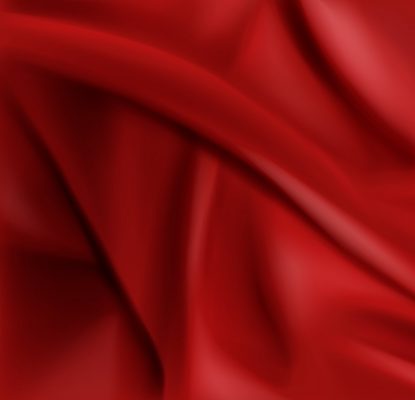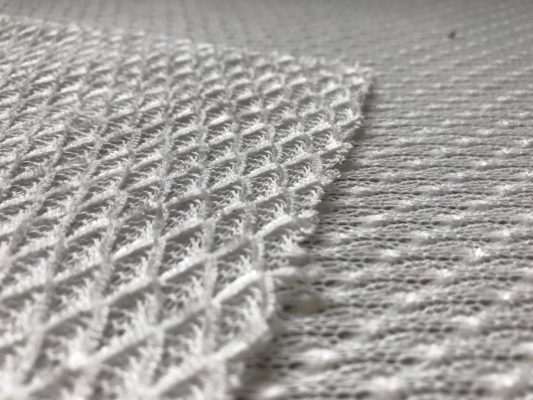what IS polyester FABRIC?

Polyester is a highly preferred fabric in today’s fashion. Polyester is a type of artificial fiber used in textiles. Its acronym is PES. Polyester is a category of polymers, or more specifically, condensation polymers containing ester functional groups within their main bonds. It is not a natural fabric like cotton, wool, silk, but a factory production. Although it is not natural, it is used frequently due to some properties. Although polyesters are not found in nature, polyester generally refers to a large family of synthetic polyesters including all polyethylene terephthalate and polycarbonate.
Polyester fabric was invented in England in 1940. It earned its reputation in the 1970s by advertising that it can still look stylish without ironing for 68 days. It was a very famous fabric at that time, and many discotheque clothes were made of polyester.
100% polyester fabric can be preferred for garment sewing or coating work, as well as mixed with natural yarns. If you look at the clothes you have already bought, you can see phrases such as 70% cotton and 30% polyester on their labels. Since polyester does not wrinkle structurally and is flexible, it is aimed to reduce the wrinkling rate of natural fabrics and to provide flexibility by mixing with natural fabrics.
Find out the best polyester fabrics of Kamer Fabric.
Polyester fibers mixed mostly with cotton fiber can be used with wool, acrylic, silk, viscose, and linen fiber. England Terylene, Trevira, Dacron in the United States, diol, and polyester fibers produced by the trade name Peril in Turkey is the most widely used synthetic fiber location in Germany today. It is a fiber that is easy to obtain and is close to natural fibers. It is an artificial fiber that has the closest properties to cotton. With the increasing need for cotton, polyester fibers have become more prominent. The polyester obtained as a result of the condensation of a dicarboxylic acid with a dialcol is examined in 3 groups in terms of its chemical structure.
- PET (polyethylene terephthalate) fibers,
- PCDT (poly-1.4 cyclohexyl-dimethylene-terephthalate) fibers,
- Modified (new) polyester fibers.

